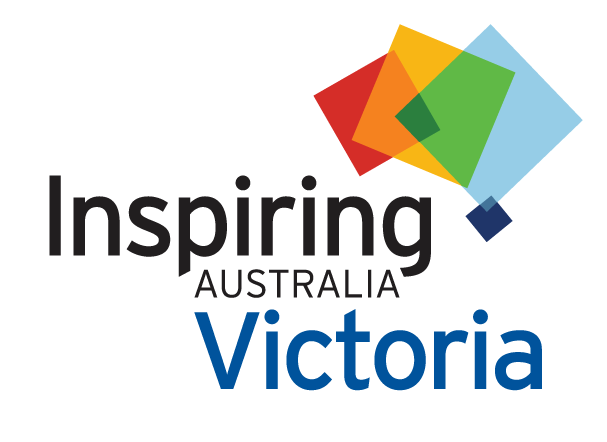Behind the scenes at the Australian Synchrotron
Royal Society of Victoria 8 La Trobe Street, Melbourne, Vic, AustraliaJoin us on a tour of Australia's largest and most successful scientific user facility, the Australian Synchrotron at Clayton.
Join us on a tour of Australia's largest and most successful scientific user facility, the Australian Synchrotron at Clayton.
Hear Professor Arthur Lowery talk about how engineers and clinicians are connecting specialised machines with our brains at the 2018 Joint Lecture with the Australian Academy of Technology & Engineering (Victorian Division).
We are witnessing an explosion of Citizen Science activity as technology makes it possible for citizens to take part in science and deliver unprecedented levels of quality data across the globe. This talk and the associated discussions will explore whether we are ready to take the next step as Global Citizen Scientists and develop the integrated programs that will prove the value of Citizen Science at the global level. It will also explore the leading role that Australia could play in that process as the lessons learnt in running Citizen Science Programs on the Australian Continent are shared with the global community.
Presentations & Interdisciplinary Panel Discussion What's in a picture? Almost 50 years ago on Christmas Eve, 1968, US astronaut William Anders took a photo aboard the Apollo 8 mission that became known as ‘Earthrise.’ This ground-breaking image transformed our view of our unique planet, and the place of our home in the cosmos. Apollo 8…
We are delighted to once again bring together the National Science Week program for Victoria in 2019, and warmly invite everyone interested in being a part of our state-wide celebration of all things Science to come along to our information and networking session at the Royal Society of Victoria.
Professor Veena Sahajwalla is revolutionising recycling science. Rather than take up arms against a sea of big polluters, Professor Sahajwalla approaches the problem as a commercial opportunity with real market value to help drive behaviour change. Last year her SMaRT centre opened the world’s first e-waste micro-factory to process old computers, phones, televisions, and all the electronic junk that ends up in landfill. The waste is sorted and dismantled by robots, then mined for its precious elements. Circuit boards are stripped of metals such as gold, copper and tin, while glass and plastic are converted to industrial-grade ceramics and plastic filaments for use in 3D printing. Join us to explore how repurposing the fundamental molecules and elements within post-consumer waste products is reinventing the way we treat - and perceive - these largely untapped commodities.
With COVID-19 now shaking the fabric of every society without discrimination on the basis of gender, race or faith, the world has become even more reliant on technology and data for sustaining the social order. We now compensate for social distancing with virtual connections and Zoom's boxes have replaced human interactions as the COVID-19 normal. Meanwhile, the history of our global civilisation is marked by racial, gender and economic divides. A product of human intelligence, Artificial Intelligence has been shown to exacerbate our human biases. It is time to re-evaluate our increasing dependence on technology and AI and question what it means for diversity and inclusion.
The Victorian Inspiring Australia program is a community-focused initiative led by the Royal Society of Victoria, in partnership with the Commonwealth Government and the State Government of Victoria.
We acknowledge the First Peoples of Victoria and the essential ancestral knowledge held, recovered and enacted by Elders. We acknowledge that this land and its millennia-old relationship with First Peoples was never ceded. We acknowledge the many injustices suffered by the knowledge keepers and Custodians of Country through the disrespectful actions and attitudes of early members of the Victorian scientific community. We express our sincere regret for the ignorance and bigotry of those who preceded us.
Copyright Royal Society of Victoria. 2026 - All Rights Reserved
